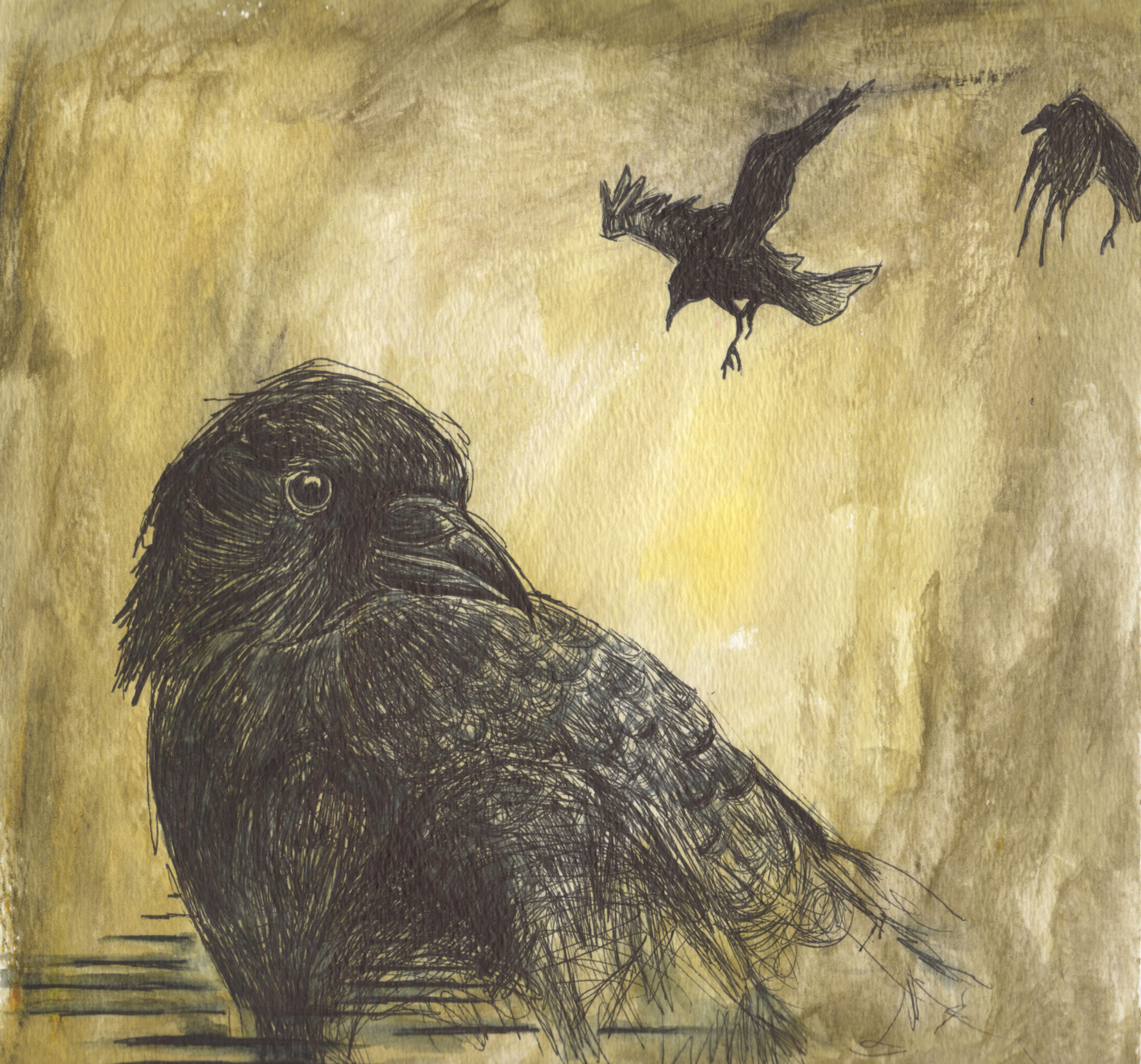A draft has been released of a new plan to conserve boreal woodland caribou in eastern Manitoba, and the public has been invited to weigh-in durring a 90-day comment period. The 61-page plan outlines actions the provincial government intends to take to maintain caribou habitats and create self-sustaining populations.
“Boreal woodland caribou are a threatened species, and the Owl-Flintstone and Atikaki-Berens caribou populations are particularly vulnerable,” said Conservation Minister Dave Chomiak in a Dec. 21 press release, “We’ve worked with the Eastern Manitoba Woodland Caribou Advisory Committee to develop plans to protect these populations and are now seeking input from the public to make sure these plans are as complete as possible.”
The plan deals specifically with two caribou ranges in eastern Manitoba; the Owl-Flintstone range, located south of Bissett, Manitoba, and covering part of the Nopiming Provincial Park; and the Atikaki-Berens range, which extends from the Atikaki Wilderness Park almost as far north as the Poplar River First Nation. Both ranges extend partly into Ontario.
The Atikaki-Berens range is fairly large, and the caribou face more risks relating to “human development” in the southern part of the territory, where there are significant mineral exploration and mining claims. Large portions of the range are undisturbed by humans. However, the Owl-Flintstone range is surrounded by roads, which can easily disturb caribou populations. A hydro transmission line runs through the area and many of the calving and nursing grounds are located near campgrounds and cottages in the Nopiming Provincial Park.
Woodland caribou are timid animals, but important to the ecology of Canada’s boreal forests, and are important to First Nations and Metis groups for their meat, hides, and spiritual significance. “If the caribou are destroyed, our people are destroyed,” said Stephen Kakfwi, president of the Dene Nation and former premier of the Northwest Territories.
According to David Suzuki, environmental activist and the host of CBC’s Nature of Things, global caribou populations have been more than halved in the past 50 years, and 29 of 57 boreal caribou herds in Canada are no longer self-sustaining. Caribou populations are threatened by habitat loss through industrial activity, natural disturbances (such as wildfire), and climate change, among other factors. Predators, especially wolves, are also a concern, and as the landscape supports more moose and white-tailed deer, and therefore more wolves, woodland caribou face increased predation.
The plan includes an outline of restrictions and licensing of industrial activities such as mining and forest-harvesting. It emphasizes the importance of inter-jurisdictional cooperation between Manitoba, Ontario, and Saskatchewan. Although many of these initiatives can be created with current resources, the report calls for more funding from the province to collect further data on caribou populations.
Some were critical of the province’s announcement, noting that it is not clear when the 90-day comment period begins and ends. “It is unclear what the true deadline is,” said Gaile Whelan Enns, director of Manitoba Wildlands, “Why is this government beginning a review period in the middle of the holiday season?”
Enns also criticized the government’s conservation plans for being ineffective. “As Manitoba has issued new woodland caribou plans the number of herds on the east side has reduced,” she said.
The province has published the draft plan on their website and called for comments from the public during a 90-day period. The final action plans will be released by the summer.


